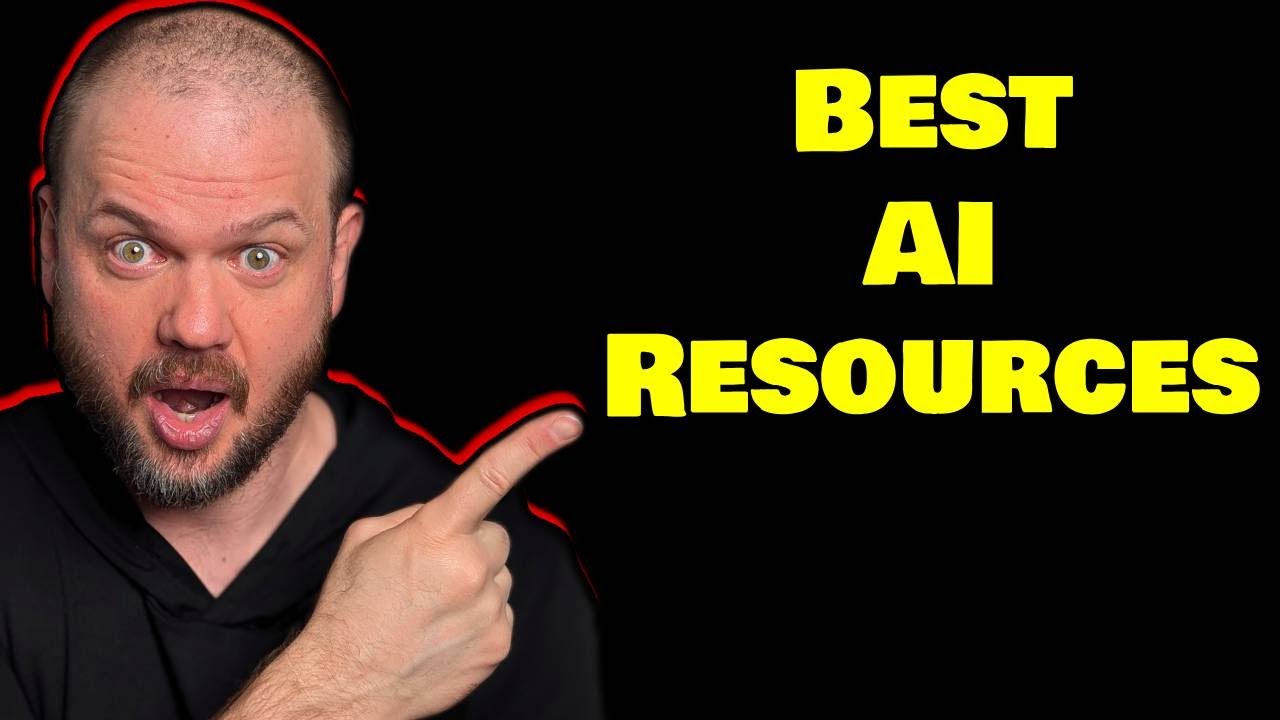In the video, Wes Rth highlights the best resources and courses for learning AI and machine learning in 2025, emphasizing platforms like GitHub for hands-on experience and Simply Learn for structured courses that cover essential topics. He also discusses the accessibility of AI tools for beginners and features free educational content from AI expert Andre Kpy, encouraging viewers to engage with the community and share their learning resources.
In the video, Wes Rth discusses the best resources and courses for learning AI and machine learning in 2025, emphasizing the growing importance of these technologies across various industries. He highlights GitHub as a valuable resource for both experienced developers and beginners. GitHub serves as a massive code repository where users can collaborate on projects, share tools, and gain hands-on experience with cutting-edge AI applications. Wes showcases examples like the Alloy Voice Assistant and other projects that demonstrate how GitHub can facilitate learning and development in AI.
Wes then introduces Simply Learn, a platform offering AI and machine learning courses designed for hands-on experience and real-world projects. He notes that Simply Learn collaborates with renowned universities and corporations, providing a structured learning path that begins with programming basics and progresses to advanced topics like TensorFlow and PyTorch. The courses also cover generative AI and prompt engineering, making them suitable for those looking to enhance their careers or start new ventures in AI.
The video features testimonials from alumni who have successfully transitioned into AI roles after completing Simply Learn’s courses. One alumnus shares their journey from learning the basics to working at a startup and eventually launching their own business. Wes emphasizes the growing demand for roles like generative AI engineers, highlighting the potential for lucrative salaries in this field. He encourages viewers to consider these courses as a stepping stone to advancing their careers in AI and machine learning.
Wes also discusses the utility of AI tools, such as ChatGPT, for beginners who may not have coding experience. He demonstrates how these tools can assist in troubleshooting code and making modifications, allowing users to engage with complex projects without extensive programming knowledge. This accessibility opens up opportunities for individuals to explore AI development and create innovative applications.
Finally, Wes mentions Andre Kpy, an AI expert who shares free educational content on his YouTube channel. Andre’s insights into large language models provide a deeper understanding of AI’s foundational concepts. Wes concludes by summarizing the variety of resources available for learning AI, catering to both self-learners and those seeking structured education. He invites viewers to share their favorite learning resources in the comments, fostering a community of knowledge sharing in the AI space.
